The Hand of Franklin is a film of genre Documentary released in USA on 23 february 2017
The Hand of Franklin (2014)
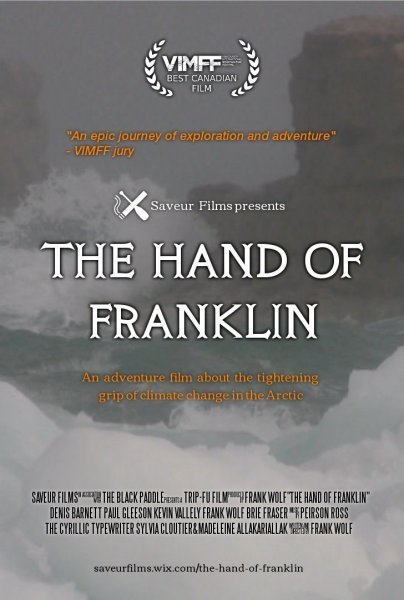
If you like this film, let us know!
- Infos
- Casting
- Technical infos
- Photos
- Videos
- Film quotes
- Characters
- Music
- Awards
Released in USA 23 february 2017
Genres Documentary
The Hand of Franklin is a 2015 Canadian documentary film by Frank Wolf that follows a four-person team attempting to row the Northwest Passage in order to shed light on climate change in the Arctic. The film won the award for 'Best Canadian Film' at the 2015 Vancouver International Mountain Film Festival (VIMFF) and features music by Peirson Ross, The Cyrillic Typewriter, Sylvia Cloutier and Madeleine Allakariallak. It airs in Canada on CBC's documentary channel.
Comments
Leave comment :
Suggestions of similar film to The Hand of Franklin
There are 8971 with the same cinematographic genres, 8907 films with the same themes (including 3 films with the same 6 themes than The Hand of Franklin), to have finally 70 suggestions of similar films.If you liked The Hand of Franklin, you will probably like those similar films :
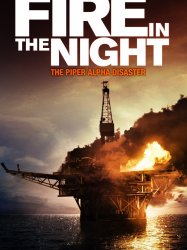
Fire in the Night (2013)
, 1h34Origin United-kingdom
Genres Documentary
Themes Environmental films, Seafaring films, Transport films, Documentary films about environmental issues, Documentary films about historical events, Documentary films about technology, Disaster films, Films about seafaring accidents or incidents
Rating75%






3.11: Surviving Japan (2013)
, 1h30Directed by Simon Hilton
Genres Documentary
Themes Environmental films, Seafaring films, Transport films, Documentary films about environmental issues, Documentary films about historical events, Documentary films about nuclear technology, Documentary films about technology, Disaster films, Films about earthquakes
Rating81%





The film spans from March 11, 2001 to September 19, 2011, starting with Noland's own experience in the Tōhoku Earthquake and tsunami, Fukushima Daiichi nuclear disaster followed by volunteer activities in Ofunato
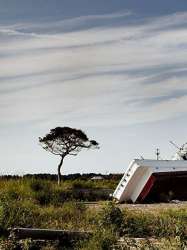
Genres Documentary
Themes Environmental films, Seafaring films, Transport films, Documentary films about environmental issues, Documentary films about historical events, Documentary films about nuclear technology, Documentary films about technology, Disaster films, Films about earthquakes
Rating67%





Surviving the Tsunami brings together social, environmental, and personal perspectives of the national catastrophe of the Fukushima nuclear meltdown. In the documentary, Kyoko Miyake travels back to her hometown in Namie, Fukushima, to revisit her old life and assess the trauma still lingering from the disaster. She revisits Namie, her mother's hometown and meets the people who depended on the success of the nuclear plant for their livelihood. The film also follows Bunsei Watanabe and Kyoko Miyake's Aunt Kuniko, two people who hope for the rejuvenation of Namie, despite the disaster that has occurred. Despite having lost family, friends, and jobs due to the meltdown and subsequent fear of the contamination zone, these two individuals are determined to rebuild their towns and neighborhoods and bring back the sense of community they once had. The film follows the residents of Namie, with emphasis on the experiences of Aunt Kuniko, as they come to terms with the reality of living in or near the "radiation zone" left in the wake the plant's nuclear meltdown. Surviving the Tsunami offers a different perspective on Japanese culture, national identity, human adaption, and global nuclear energy and proliferation.

Kitturiaq (2013)
Genres Documentary
Themes Environmental films, Seafaring films, Sports films, Transport films, Documentary films about sports, Documentary films about environmental issues, Documentary films about technology

Sun Come Up (2011)
, 38minutesOrigin USA
Genres Documentary
Themes Environmental films, Seafaring films, Transport films, Documentary films about environmental issues, Documentary films about nature, Disaster films
Rating68%






Mammalian (2010)
Directed by Frank Wolf
Origin Canada
Genres Documentary
Themes Environmental films, Seafaring films, Sports films, Transport films, Documentary films about sports, Documentary films about environmental issues, Documentary films about technology, Documentary films about nature
Rating78%





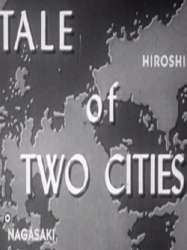
Tale of Two Cities (1946)
, 12minutesOrigin USA
Genres Documentary
Themes Environmental films, Seafaring films, Transport films, Aviation films, Documentary films about environmental issues, Documentary films about war, Documentary films about historical events, Documentary films about nuclear technology, Documentary films about technology, Political films, Documentary films about World War II
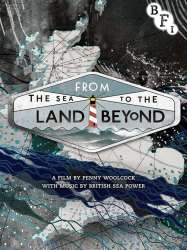
Directed by Penny Woolcock
Origin United-kingdom
Genres Documentary
Themes Films about animals, Environmental films, Seafaring films, Transport films, Documentary films about environmental issues, Documentary films about technology, Documentary films about nature
Rating79%






The Day the Sun Fell (2014)
, 1h18Genres Documentary, Historical
Themes Environmental films, Seafaring films, Transport films, Aviation films, Documentary films about environmental issues, Documentary films about war, Documentary films about historical events, Documentary films about nuclear technology, Documentary films about technology, Political films, Documentary films about World War II
Rating75%






Hiroshima (2005)
, 1h29Origin United-kingdom
Genres Drama, Documentary
Themes Environmental films, Seafaring films, Transport films, Aviation films, Documentary films about environmental issues, Documentary films about war, Documentary films about historical events, Documentary films about nuclear technology, Documentary films about technology, Political films, Documentary films about World War II
Actors John Hurt, Ed Bishop, Katsumi Chō, Naoko Mori, Ian Shaw, Shane Rimmer
Rating76%





À 8h15 précises ce 6 août 1945, le monde a changé. 40.000 personnes trouvent instantanément la mort, mais ce sont bien 200.000 décès qui seront provoqués par l´explosion de la première bombe nucléaire sur Hiroshima, au Japon. Ce documentaire exceptionnel de 90 minutes n´est pas « Un énième film anti-guerre » déclare son réalisateur Paul Wilmshurst, « mais bien l´analyse neutre et objective d´une décision cruciale. Il ne s´agit pas d´être pro-américain ou pro-japonais, j´ai simplement voulu raconter la vérité. » Une vérité technologique, scientifique, militaire et politique qui se dessine dans les trois semaines précédant l´attaque, alors que le premier essai nucléaire vient de se dérouler dans le désert du Nouveau-Mexique, aux États-Unis. Le spectateur se retrouve alors dans la pièce où est prise la décision ultime, à bord de l´Enola Gay pendant son trajet fatidique, à l´intérieur de la bombe au moment de l´explosion, puis dans les rues dévastées d´Hiroshima.
 Connection
Connection